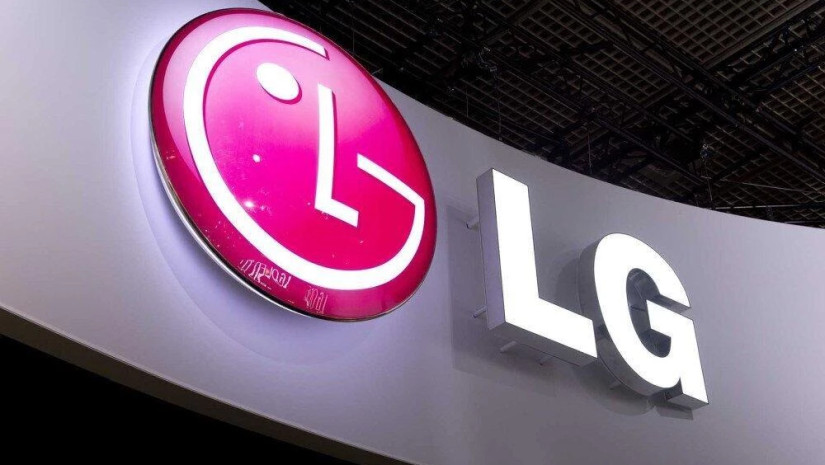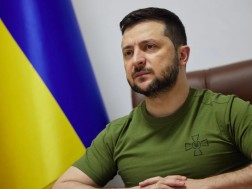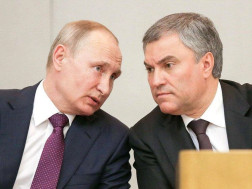South Korean electronics giant LG has deleted applications for Current Time in Russia and Belarus from its smart TVs, saying it was following a directive by the Russian media regulator Roskomnadzor.
LG said in a statement that Roskomnadzor "imposed sanctions" on the applications, so the company "temporarily" withdrew them from the two countries "at the request of the Russian government."
No reason has been given as to why Roskomnadzor imposed the sanctions, but Russia has been cracking down on independent media for months.
Roskomnadzor has ordered Russian media to only publish information provided by official sources. It has also forbidden media outlets from describing the Ukraine fighting as a "war" or "invasion," instead ordering it be called a "special military operation."
Current Time, the Russian-language network run by RFE/RL in cooperation with VOA, and RFE/RL's Russian Service have refused to honor demands to censor their reporting, calling it fair and accurate.
"This is a disgraceful move by LG Electronics. While many other international companies in Russia are taking a principled stand, LG decides to become complicit in the Kremlin's censorship and removes Current Time's smart TV app from its App Store," RFE/RL President Jamie Fly said in response to the decision.
The move by LG comes less than three weeks after Russia's two leading social networks, VKontakte, which is known as VK and is Russia's largest social-media company, and Odnoklassniki, as well as Yandex.Zen, which is a division of the Russian search giant Yandex, blocked the content of Current Time and RFE/RL's Russian Service.
The companies said at the time that Roskomnadzor made the request after the Prosecutor-General's Office claimed materials found on Current Time and RFE/RL's Russian Service published on the social networks, as well as their online services, "carry false information of social importance that may cause a threat to the lives and/or health of citizens, and threaten a disruption of social order and/or public safety."
Roskomnadzor has also recently banned multiple news websites, including Meduza and Dozhd, as well as popular social-media networks such as Facebook, Instagram, and Twitter, to prevent Russians from consuming non-government-approved information about the war.
Independent news media in Russia have been under pressure for years, mainly due to the decade-old "foreign agent" law.
But with President Vladimir Putin signing a law recently that criminalizes the publication of "fake" information about its war in Ukraine, with those convicted facing up to 15 years in prison, a growing number of Russian and foreign media organizations have suspended news operations within the country, pulled their correspondents, and shifted bylines to anonymous names.
The restrictions are the tightest within Russia since the Soviet Union.
Multiple websites of RFE/RL, the BBC, Current Time and other outlets have also been blocked over what Russian regulators allege are erroneous reports.
Roskomnadzor has also moved to block foreign social-media companies such as Facebook and YouTube.
Source: RFE/RL
















